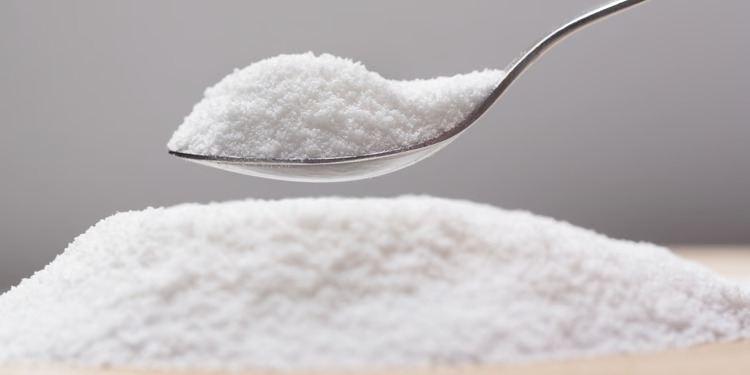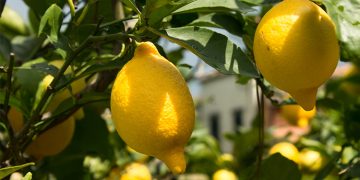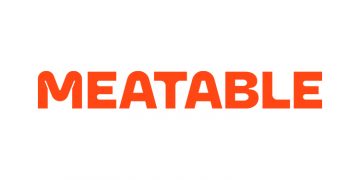Reuters today (Thursday) published leaked reports that the World Health Organization’s (WHO) sub-agency for cancer research (IARC) intends to classify the common low-calorie sweetener aspartame as “possibly carcinogenic,” the same classification IARC applies to using aloe vera and eating pickled vegetables.
Reacting to the leaked reports, International Council of Beverages Associations (ICBA) Executive Director Kate Loatman commented:
“While it appears IARC is now prepared to concede that aspartame presents no more of a hazard to consumers than using aloe vera, public health authorities should be deeply concerned that this leaked opinion contradicts decades of high-quality scientific evidence and could needlessly mislead consumers into consuming more sugar rather than choosing safe no- and low-sugar options – all on the basis of low-quality studies.
Even IARC agrees it is not the appropriate authority to undertake risk assessment based on actual consumption and that it ‘does not make health recommendations.’ We remain confident in the safety of aspartame given the overwhelming weight of scientific evidence and positive safety determinations by food safety authorities in more than 90 countries around the world.
We, therefore, welcome the broader, more comprehensive food safety review underway by the WHO and the UN Food and Agriculture Organization (FAO) Joint Expert Committee on Food Additives (JECFA).”
Contrary to the leaked IARC opinion, an April 2022 systematic review published by IARC’s parent body the World Health Organization (WHO) concluded there was “no significant association” between higher consumption of low- and no-calorie sweeteners (measured through beverage consumption) and cancer mortality, nor any type of cancer.
IARC had committed to conduct its review in “close collaboration” with the more comprehensive WHO and FAO joint review and to release results of both reviews simultaneously on July 14.




















